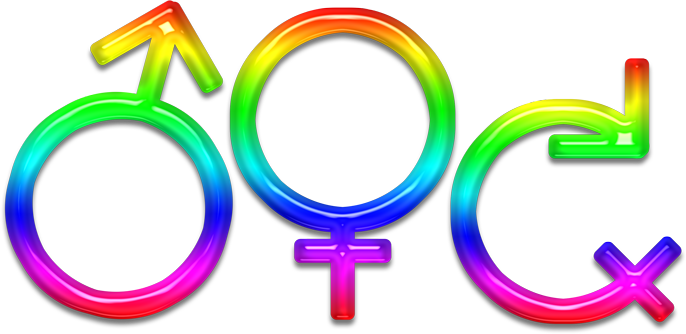The Stonewall Riots were a series of spontaneous, violent demonstrations by members of the LGBTQ+ community in response to a police raid that took place in the early morning hours of June 28, 1969, at the Stonewall Inn in New York City. While the Stonewall Riots are often referred to as a protest, it is important to remember that they were, in fact, a riot – a direct response to the years of harassment and abuse that the LGBTQ+ community had faced at the hands of the police and society at large.
Prior to the Stonewall Riots, gay rights were virtually non-existent. Homosexuality was considered a mental illness, and same-sex relationships were criminalized in many parts of the world. Discrimination against LGBTQ+ individuals was rampant, and many were forced to hide their true identities for fear of losing their jobs, their homes, and their families.
The Stonewall Riots marked a turning point in the struggle for LGBTQ+ rights. They sparked a national conversation about the treatment of LGBTQ+ individuals, and helped to galvanize the LGBTQ+ rights movement. The riots brought together a diverse group of individuals from the LGBTQ+ community, including transgender people, drag queens, and people of color, who had long been marginalized and ignored by the mainstream gay rights movement.
In the years that followed, the LGBTQ+ rights movement made significant strides, including the decriminalization of homosexuality, the removal of homosexuality from the list of mental illnesses, and the legalization of same-sex marriage in many parts of the world. However, there is still much work to be done. LGBTQ+ individuals continue to face discrimination, violence, and unequal treatment in many areas of life.
As we commemorate the 54th anniversary of the Stonewall Riots, it is important to remember the need for change in the LGBTQ+ community. The riots were a critical moment in the history of the LGBTQ+ rights movement, and they remind us that we must continue to fight for equality and justice for all.






Recent Comments